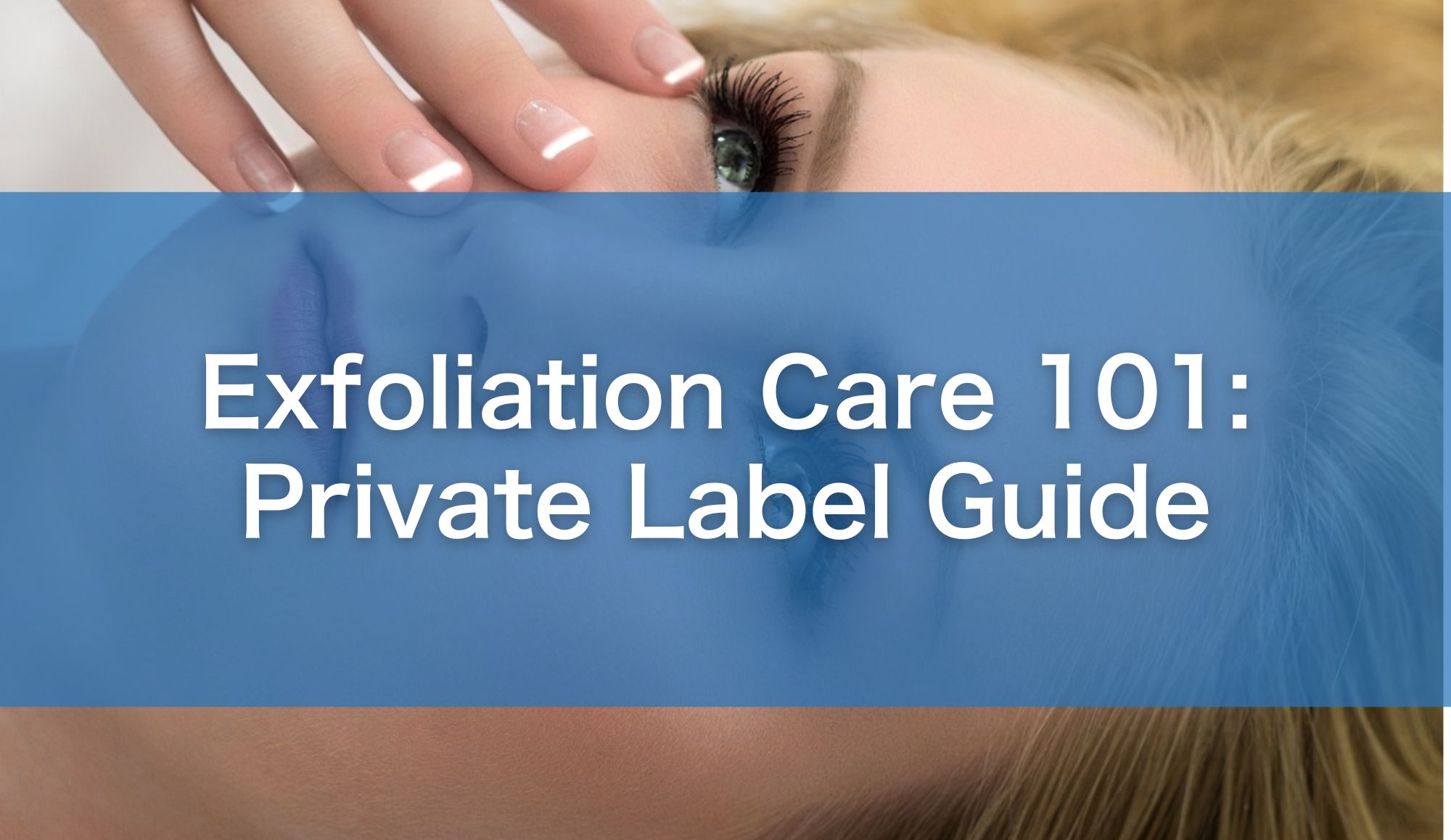Why Preservatives for Cosmetics Are Essential in Your Skincare Line

What are preservatives for cosmetics
Are preservatives for cosmetics dangerous
Are There Any New or Emerging Preservatives in Cosmetics?
Preservatives play a crucial role in ensuring the safety and effectiveness of cosmetic products. Without them, skincare formulations can quickly become breeding grounds for harmful bacteria, mold, and yeast, posing risks to both the product’s quality and the consumer’s health. In this article, we’ll explore why preservatives are essential in your skincare line and how they help maintain product integrity while delivering safe, long-lasting benefits to your customers.
Why Preservatives Matter in Cosmetic Products
Preservatives ensure the safety, stability, and effectiveness of cosmetic products during use. The following sections will explore why preservatives are essential in cosmetic formulations and how they protect both the products and the consumers.
What are Preservatives
Preservatives in cosmetics are natural or synthetic ingredients that help maintain the freshness, color, texture, and consistency of a product over an extended period of time.
Why we use preservatives
Preservatives play a crucial role in preventing microbial contamination by inhibiting the growth of bacteria, mold, and yeast. This not only ensures product safety for consumers but also significantly prolongs the shelf life of the product. Additionally, preservatives help maintain the product’s effectiveness and overall quality, making them essential components in cosmetic formulations.
How Preservatives Are Tested for Safety and Efficacy
What you probably haven’t heard is that there has been, and continues to be, ongoing and extensive scientific research and regulatory scrutiny to establish and ensure safe input levels of these, and all, preservatives used in personal care products. This rigorous investigation involves toxicological assessments, safety evaluations, and continuous monitoring to protect consumer health while maintaining product efficacy and stability.
Types of Preservatives Commonly Used
To achieve this, manufacturers use a variety of preservative types, each with unique properties suited to different formulations. Understanding the common types of preservatives used in skincare and beauty products can help consumers make informed choices and appreciate the science behind product safety.
Paraben
Parabens are a family of preservatives (such as methylparaben and propylparaben) added to many creams, lotions, shampoos, and other personal-care products. Their main job is to stop bacteria, mold, and yeast from growing, which keeps a product fresh, safe, and effective for a longer time. They work well in many formulas, are stable across a wide pH range, and are inexpensive, so they have been widely used for decades.
Phenoxyethanol
Phenoxyethanol is a widely used preservative in cosmetics and personal care products. Its main function is to prevent the growth of bacteria, yeast, and mold, helping to keep products safe and stable over time. It is often used as an alternative to parabens. Phenoxyethanol is effective even in small amounts (usually up to 1%) and works well with many different types of ingredients. It is commonly found in lotions, creams, serums, and makeup.
Sodium Benzoate
Sodium benzoate is a commonly used preservative in cosmetics and personal care products. Its main role is to prevent the growth of bacteria, yeast, and fungi, especially in water-based products like shampoos, lotions, and creams. Sodium benzoate is often used in natural or mild formulations because it is a salt derived from benzoic acid, which occurs naturally in some fruits. It helps extend the shelf life of products and keeps them safe for everyday use.
Citric acid
Citric acid is a natural ingredient commonly used in cosmetics and skincare products. It is derived from citrus fruits like lemons and oranges. Its main functions include: pH adjuster、Exfoliant、Preservative support. Citric acid is often found in cleansers, toners, and masks for its skin-smoothing and refreshing properties.
o-Cymen-5-ol
o-Cymen-5-ol is a synthetic ingredient commonly used in cosmetics and personal care products as a preservative and antimicrobial agent. It is often used in deodorants, shampoos, skincare, and oral care products due to its strong antimicrobial properties and mildness on the skin.
Natural & Alternative Preservatives
As consumers become more conscious about what goes into their skincare, there is a growing demand for natural and alternative preservatives. These ingredients offer a safer, skin-friendly approach to preserving cosmetic products without compromising on efficacy.
Are They Effective Enough?
In fact, natural preservatives can effectively prevent microbial contamination in specific formulations—examples include Lactobacillus ferment, sodium benzoate, and potassium sorbate. When used correctly and combined with appropriate formulation and packaging, they can offer good preservation. However, compared to synthetic preservatives, their spectrum of protection and longevity may be more limited, and they require thorough testing to ensure efficacy.
Regulation of preservatives for cosmetics
As the demand for natural and alternative preservatives in cosmetics grows, regulatory bodies worldwide are closely monitoring their safety and efficacy. Preservatives, whether synthetic or natural, must comply with strict regulations to ensure consumer safety. These regulations set limits on allowable concentrations, specify approved ingredients, and require thorough safety assessments before products reach the market. Understanding these regulatory frameworks is essential for brands aiming to formulate effective, safe, and compliant cosmetic products using natural or alternative preservatives.
Risks of not using preservatives
Preservatives play a crucial role in preventing microbial growth in cosmetic products. Without effective preservatives, cosmetics are at high risk of contamination by bacteria, molds, and yeasts, which can lead to product spoilage, reduced shelf life, and potential harm to users such as skin infections or allergic reactions. Skipping preservatives—or using ineffective ones—compromises product safety and quality, making preservatives essential even in natural or alternative formulations.
Conclusion
In summary, preservatives are indispensable in cosmetic formulations to ensure product safety, stability, and longevity. While natural and alternative preservatives offer appealing options for cleaner beauty products, completely omitting preservatives poses significant risks including microbial contamination and product degradation. Therefore, careful selection and effective use of preservatives—whether synthetic or natural—are essential to protect consumers and maintain product quality.





